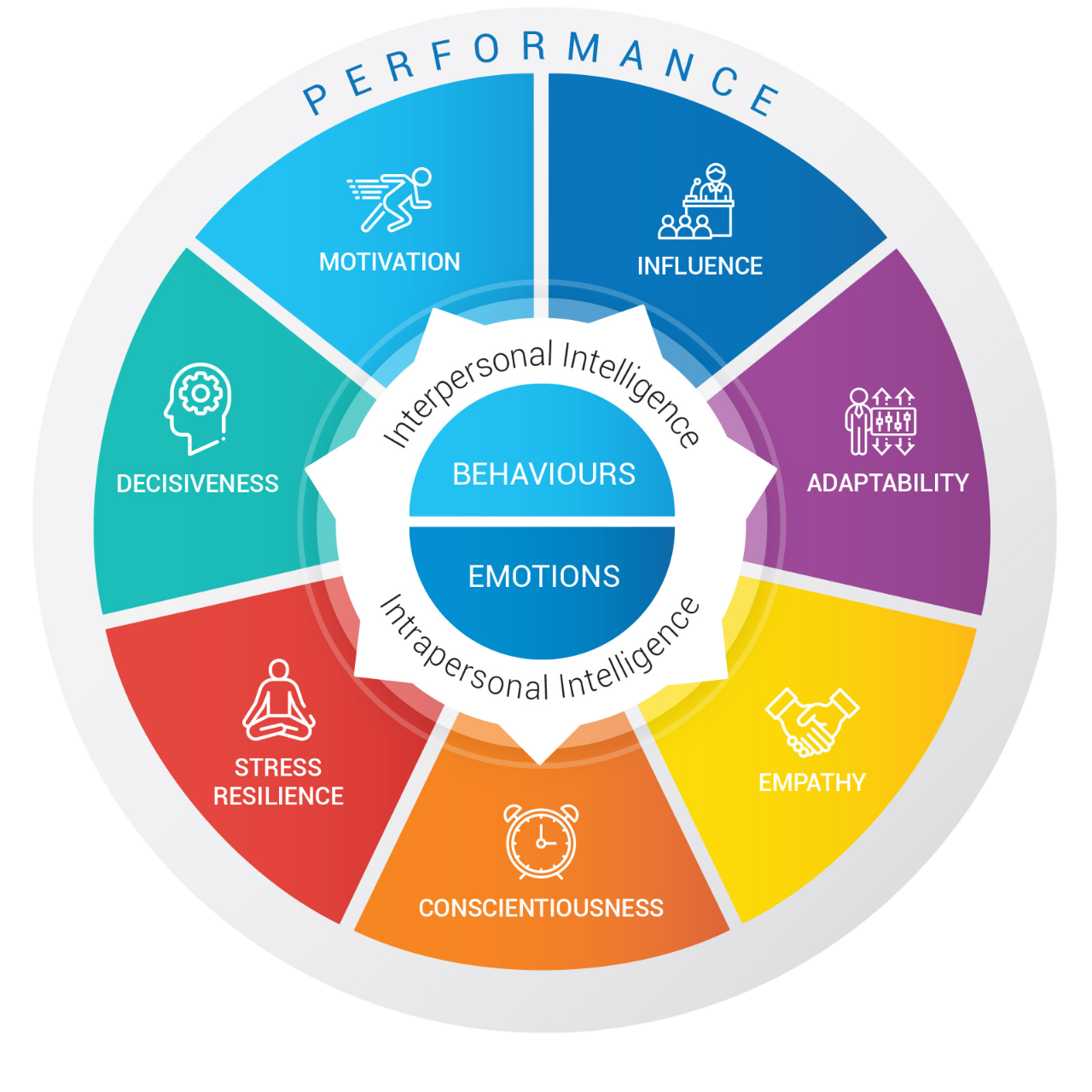Is expressing your emotions at work a good thing?
Does tolerating annoyances at work drive better engagement & performance?
Joe had been the head of accounting for 10 years. Known as a hard taskmaster, Joe was difficult to please. He set high goals for himself and his team and he expected them to be met.
He worked hard and tended to work late. He was often frustrated and disappointed by his work and his team because he felt they did not share his commitment and passion.
Recently, Joe received some feedback that sometimes it was felt he was a bit too driven, a bit too passionate, a bit too critical,...a bit too quick to tell people his opinion on what was wrong with the situation at work.
What would you advise Joe?
Surely, when you are frustrated at work or your friends upset you, it is better to let them know how you are feeling... isn’t it healthy?
Or is it better for you to be more emotionally controlled, not letting the world know you are disappointed or frustrated with what is happening?
Fortunately, research from the USA and Holland provides some insights and a starting point to think about the most effective way to deal with frustrating events or people at work.
Evangelia Demeroutia and Russell Cropanzano at Eindhoven University of Technology and the University of Colorado at Boulder, suggest that complaining and expressing how you feel about people and events can make the situation feel worse.
There has been some evidence that avoiding negative conversations immediately after a negative event can promote better psychological adjustment. They theorised that managing your emotions, not venting your frustrations and emotions can help minimise the unfavourable impact of the negative event.
They asked 112 people from different job roles in finance, the healthcare industry etc., to record a diary of negative events, note how severe each event felt and importantly how engaged they were with their work.
At the end of each day the participants were asked to record how much complaining they did about events and how much they focussed on what was wrong with the situations or the people.
Interestingly, the negative events recorded were split between:
Task accomplishment (54%) e.g. crash of computer, unfinished task, unclear planning of a project, wrong calculation about materials.
Social events (27%) e.g. conflict/argument with a colleague/supervisor or sick colleague.
Personal events and work related stressors (19%) e.g. an accident, time pressure, reorganisation etc.
The results of the research suggested that when participants focussed and complained about these negative events they took a greater toll on participants – they reported lower engagement, less satisfaction and pride with the work they’d been doing that same day. They also tended to experience lower motivation the next day as well and lower pride in next-day accomplishments.
However, when participants did not complain or express their frustration or did not focussed too much on what was wrong, the bad events or social situations did not impact on their motivation or engagement on that day or the next.
The researchers suggest two reasons for their findings:
Expressing negative emotions makes the effect of the negative event more strongly and permanently lodge in the memory making the event in hindsight seem much worse than it was.
Withholding complaints or moderating emotional expression, at least for a time, may allow an employee to be more effective in articulating their concerns and frustrations.
EBW Global View
Above: The EBW Business EQ Model
Joe is a good example of the complexity of our emotions and the impact they have on performance.
Whilst in the short term we might think we will feel better by getting our emotions off our chest and expressing how we feel, the reserach by Demeroutia and Cropanzano shows the importance of being able to manage our emotional expression so our emotions don’t hijack our engagement and performance at work.
So, if you were Joe’s boss or colleague how would you help Joe?
I would start by talking about Business Emotional Intelligence and what he can achieve by capitalizing on his emotional behavioural areas like motivation, resilience, his empathy and his emotional control.
The temptation would be to deal with his lack of emotional control and give him skills and the techniques to deal with that.
However, it would be more effective to explore the motivation for his performance (and frustration) which will provide a longer lasting impact on his leadership success.
I would talk about the 10 steps (the building blocks of Business Emotional Intelligence) he can take to better drive his own performance.
To be an effective leader we need to learn to use our Business Emotional Intelligence to understand the best ways to manage our emotions and behaviours to drive performance.
Click the buttons below to learn how how Business Emotional Intelligence assessments and toolkits can transform your leaders, teams and organisation.
Discover How Business Emotional Intelligence Transforms Leaders and Teams
If you would you like your leaders and teams to improve their decisions and the way they work together, click a button below to see how investing in Business Emotional Intelligence can make a difference or find an EBW Certified Partner to help you.


